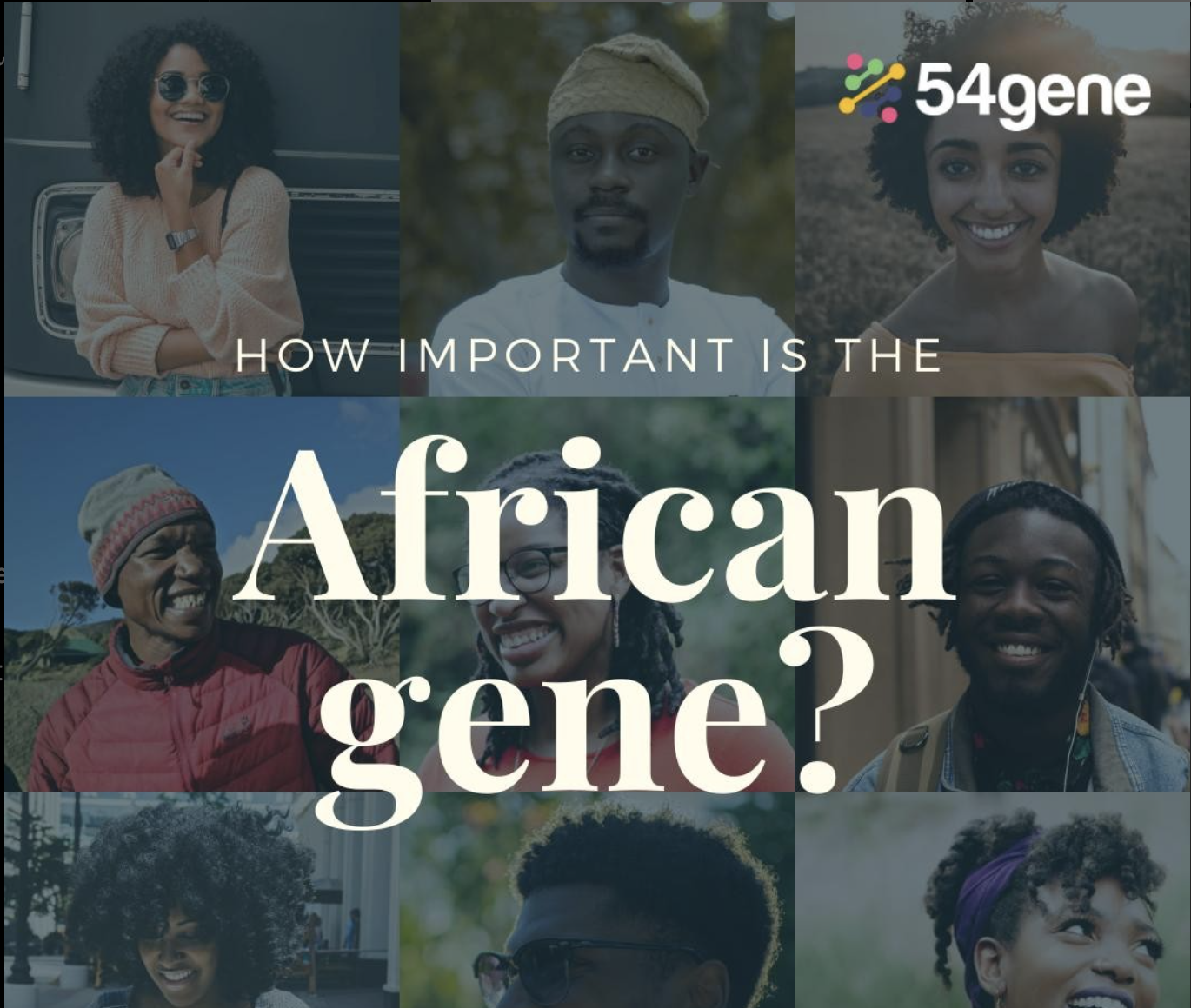The Impact of 54gene's Closure on African Healthcare

Udokanma Georgewill
September 14, 2024

African scientists and innovators have made huge strides in the past decade in genomics and biotechnology. They're digging deep into the DNA of everything from plants to people, figuring out how to improve life. This has led to new medicines and crops that are perfect for Africa. It's impressive to see how they're using science to improve people's lives on the continent.
54Gene started in 2019 as a pioneering genomics and biotechnology company trying to change how we do science in Africa. They sought to build a huge database of African DNA, which is super important because there isn't enough data from African people in most studies. With this data, they hoped to develop new medicines and treatments that work better for Africans. It was a big deal because it could help a lot of people.
The Basic Operation of 54gene
54Gene’s model was hinged on partnerships with healthcare institutions and researchers, which allowed them to gather genetic data from a diverse African population. This data provided a rich source of information for scientists to study. The company could identify specific genes associated with various diseases by understanding individuals' genetic makeup. This knowledge would lead to the development of targeted treatments that were more effective and had fewer side effects.
In addition to drug discovery, 54Gene's research had the potential to revolutionize personalized medicine. Doctors could tailor treatments to their needs by analyzing an individual's genetic information. This would improve treatment outcomes and reduce healthcare costs. Furthermore, 54Gene's work could contribute to public health initiatives by identifying high-risk populations for certain diseases. This information could be used to implement preventive measures and early interventions.
The company's market position was not just promising, it was sellable. Africa, with its diverse genetic makeup and high disease burden, presented a significant opportunity for genomic research and drug development. 54Gene's focus on addressing the continent's specific health challenges aligned with the growing global interest in personalized medicine and precision health.
The Hurdles 54gene Encountered
54Gene's innovative approach and ambitious goals attracted substantial funding. The company raised over $45 million from investors, including Y Combinator, Andreessen Horowitz, and the Gates Foundation. This financial backing allowed 54Gene to expand its operations, build state-of-the-art laboratories, and hire talented scientists and researchers. While 54Gene's closure remains somewhat speculative, several factors likely contributed to the company shutting down operations.
Some reports suggest that financial mismanagement played a role in the company's downfall. Inefficient use of resources, excessive spending, and inadequate financial oversight could have strained 54Gene's finances. Dr. Ene-Obong was involved in a lawsuit alleging mismanagement of funds and breach of fiduciary duty. The outcome of this lawsuit remains unclear, but it likely added to the company's instability.
Navigating the complex regulatory landscape surrounding genetic data collection and research can be challenging. Delays in obtaining necessary approvals or regulation changes could have hindered 54Gene's progress.
Large companies with deep pockets and extensive experience tend to hold sway in global research and development. They also have connections with top scientists and hospitals, giving them a leg up in getting data and finding patients. 54Gene had to figure out how to be different from other companies working in African genomics. Many of these companies also tried to use African DNA to find new medicines. 54Gene needed to show what made them special and why they were worth choosing.
Even though it was tough, 54Gene's focus on African health could have helped them stand out, but they needed to overcome competition from large pharmaceutical companies like Pfizer, GlaxoSmithKline, as well as universities and government research institutions in Africa who often conduct biomedical research, including genomics and may have collaborations with healthcare providers to access patient populations.
Takeaway from 54Gene’s Closure
As we’d always encourage entrepreneurs, no industry is easy to build in. Biotechnology in particular is a challenging field, especially for new startups. Research and development can be costly, so you need a solid plan to cover the costs. So it's a good idea to work with other companies in the industry. You can share resources and reduce risks by collaboration.
Ensure you follow all the rules and regulations. If you don't, you could get into legal trouble or damage your company's reputation. Don't put all your eggs in one basket. Try to make money from different products or markets. This will help you if one thing doesn't work out. Finally, be prepared for things to go wrong. You should have a plan to deal with problems and setbacks.


